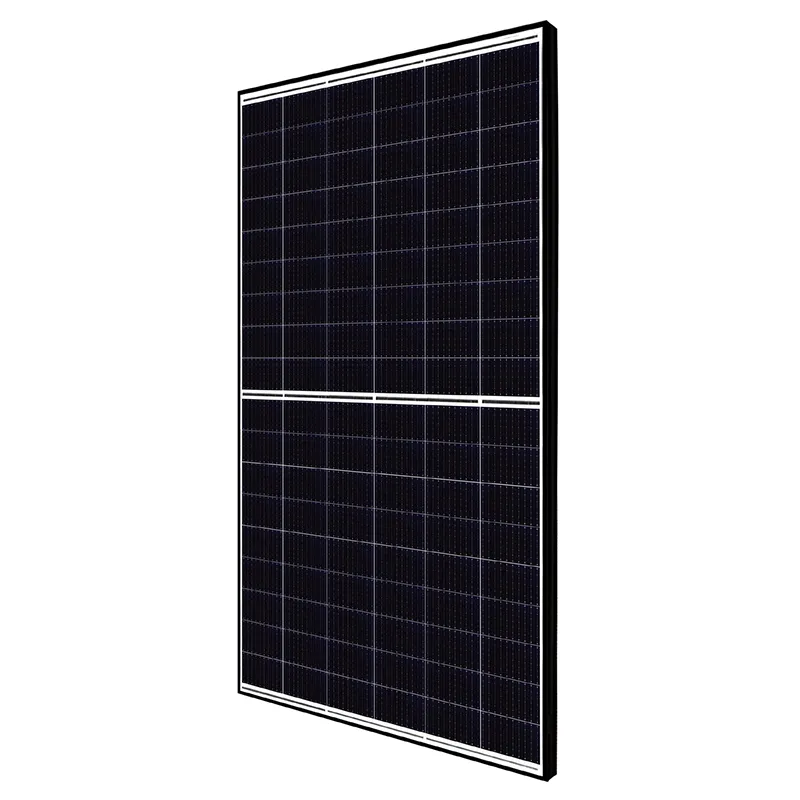Exploring Off-Grid Solar Inverters Without Battery Storage Solutions for Energy Independence
Off-Grid Solar Inverters Without Batteries An Innovative Solution for Sustainable Energy
As the world moves towards sustainable energy sources, the demand for off-grid solar systems has significantly increased. These systems offer many advantages, especially in remote locations where access to the traditional power grid is limited or non-existent. One notable aspect of off-grid solar systems is the use of inverters, particularly those designed to operate without batteries. This article will explore the features, benefits, and considerations of off-grid solar inverters without batteries.
Understanding Off-Grid Solar Inverters
An off-grid solar inverter is a crucial component of a solar power system. It converts the direct current (DC) generated by solar panels into alternating current (AC), which is the form of electricity commonly used in homes and appliances. While traditional off-grid systems typically rely on batteries to store excess energy generated during the day for use at night or during overcast conditions, newer technologies have enabled the development of inverters that can function effectively without batteries.
How Do Off-Grid Inverters Without Batteries Work?
Off-grid solar inverters without batteries operate directly from the solar panels. They use the power generated in real-time, converting it to AC for immediate use. When the sun shines brightly, the inverter can supply electricity to the home or facility, and any surplus can be diverted to load management devices or grid-tied solutions where applicable.
Some of these systems utilize advanced features such as Maximum Power Point Tracking (MPPT), which optimizes energy extraction from the solar panels, ensuring that the maximum available solar power is continually harnessed, even as sunlight conditions change throughout the day.
Benefits of Battery-Free Off-Grid Solar Inverters
1. Reduced Cost One of the most significant advantages of using off-grid solar inverters without batteries is the reduction in overall system costs. Batteries can be a considerable expense, and their absence can make solar installations more affordable, especially for residential users.
2. Lower Maintenance Batteries require regular maintenance and monitoring to ensure optimal performance and longevity. Without them, users can enjoy a more straightforward system that requires less oversight and fewer replacements over time.
off grid solar inverter without battery

3. Simplicity and Reliability Battery-free systems simplify the installation process. They often have fewer components, leading to fewer points of failure and a more reliable energy supply, provided that there is sufficient sunlight.
4. Environmental Impact Avoiding batteries also reduces the environmental impact associated with battery production and disposal. Solar panels have a relatively low environmental footprint compared to traditional energy sources, and eliminating batteries can further enhance the sustainability of an off-grid solar system.
5. Immediate Energy Consumption Since these inverters operate in real-time, users can consume the energy generated as soon as it is produced. This characteristic is particularly beneficial for applications where energy usage coincides directly with solar generation.
Considerations and Limitations
While off-grid solar inverters without batteries offer numerous benefits, some limitations must be considered. Their reliance on immediate solar power means that energy availability can be inconsistent, particularly during cloudy days or at night. This lack of energy storage may not meet the needs of users requiring a consistent power supply for extended periods without sunlight.
Additionally, individuals living in areas with highly variable weather conditions may find battery solutions more advantageous. Batteries provide a buffer that can help maintain a continuous energy supply during periods of low solar generation.
Conclusion
Off-grid solar inverters without batteries present an innovative alternative for those looking to harness solar energy without the added complexity and costs associated with battery storage. By offering reduced costs, lower maintenance requirements, and a simplified energy system, they are an attractive option, especially in regions with reliable sunlight. However, potential users must carefully weigh their energy needs against the inherent limitations of these systems. As technology continues to advance, the flexibility and efficiency of off-grid solar solutions will only enhance, supporting a more sustainable and energy-independent future.
Investing in knowledge and exploring options is crucial for anyone considering going off-grid, especially with the exciting developments in solar technology paving the way for a cleaner, greener energy landscape.
-
Unlocking Energy Freedom with the Off Grid Solar InverterNewsJun.06,2025
-
Unlock More Solar Power with a High-Efficiency Bifacial Solar PanelNewsJun.06,2025
-
Power Your Future with High-Efficiency Monocrystalline Solar PanelsNewsJun.06,2025
-
Next-Gen Solar Power Starts with Micro Solar InvertersNewsJun.06,2025
-
Harnessing Peak Efficiency with the On Grid Solar InverterNewsJun.06,2025
-
Discover Unmatched Efficiency with the Latest String Solar InverterNewsJun.06,2025







